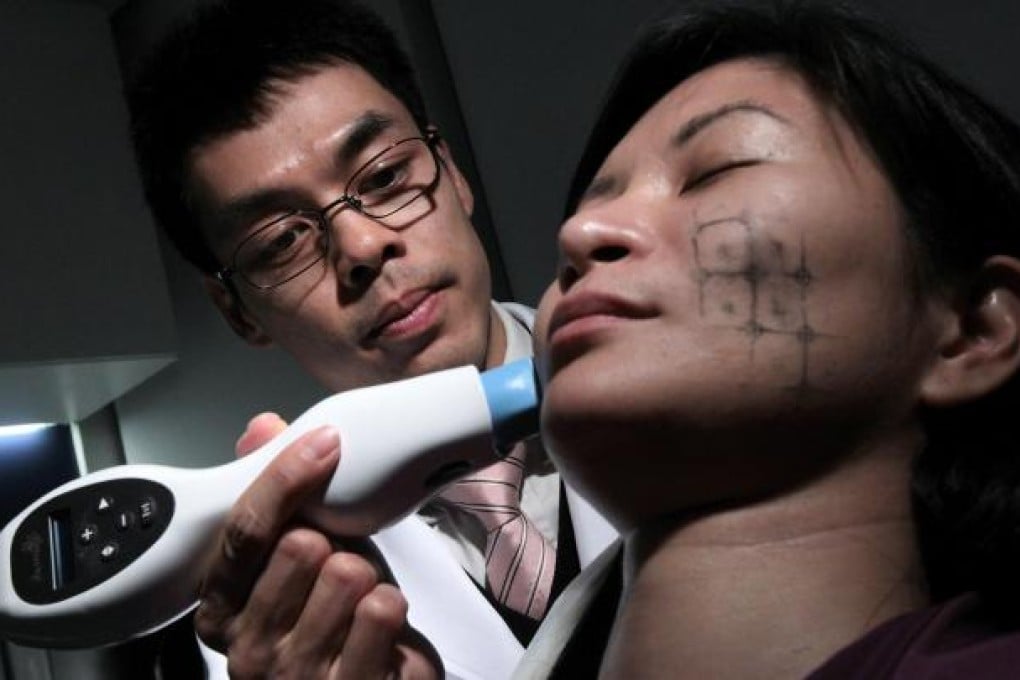Korean plastic surgeon shares his views on industry regulations
As the debate over how to regulate the beauty industry rages on in Hong Kong, a top plastic surgeon from South Korea was recently invited by Chinese University's faculty of medicine to share his experiences on industry regulations with local doctors.

As the debate over how to regulate the beauty industry rages on in Hong Kong, a top plastic surgeon from South Korea was recently invited by Chinese University's faculty of medicine to share his experiences on industry regulations with local doctors.
Dr Hong Joon-pio, director of the plastic surgery department at the ASAN Medical Centre in Seoul, says the cosmetic surgery industry is largely regulated by market forces in South Korea. "The way we achieve excellence is through competition and cutting-edge surgeries," he says. "In Korea, plastic surgeons never want a monopoly. It's never an issue. The plastic surgery market is so busy that they don't have time for that [kind of] discussion."
It's a different matter in Hong Kong, where it seems the stakeholders involved in the beauty industry - beauticians, plastic surgeons, specialists in dermatology and general practitioners that carry cosmetic procedures - are each keen to protect their own turf. As a result, discussions over how to strengthen regulations in Hong Kong - which all stakeholders agree needs to be done - have been controversial.
The local beauty industry went into a tailspin after blood transfusion therapy left one woman dead and three others critically ill in October last year. Following the tragedy, the government set up a steering committee to review the regulation of private health care facilities in the city. A consensus has not been reached on how to distinguish between medical procedures and cosmetic services since the first meeting of the committee in December.
Under South Korean legislation, any procedure that penetrates the skin, including tattooing and ear piercing, is considered a medical procedure that should be done only by doctors, Hong says. "But the law is not enforced obsessively, so ear piercing is still done by beauticians."
One in five South Korean women has had plastic surgery. In the affluent Gangnam district alone - with a population of about half a million - there are 500 plastic surgery clinics. Only 100 of these are run by board-certified plastic surgeons. But all of them are legal: in South Korea, if you have a medical licence, Hong says, "you can do everything".